
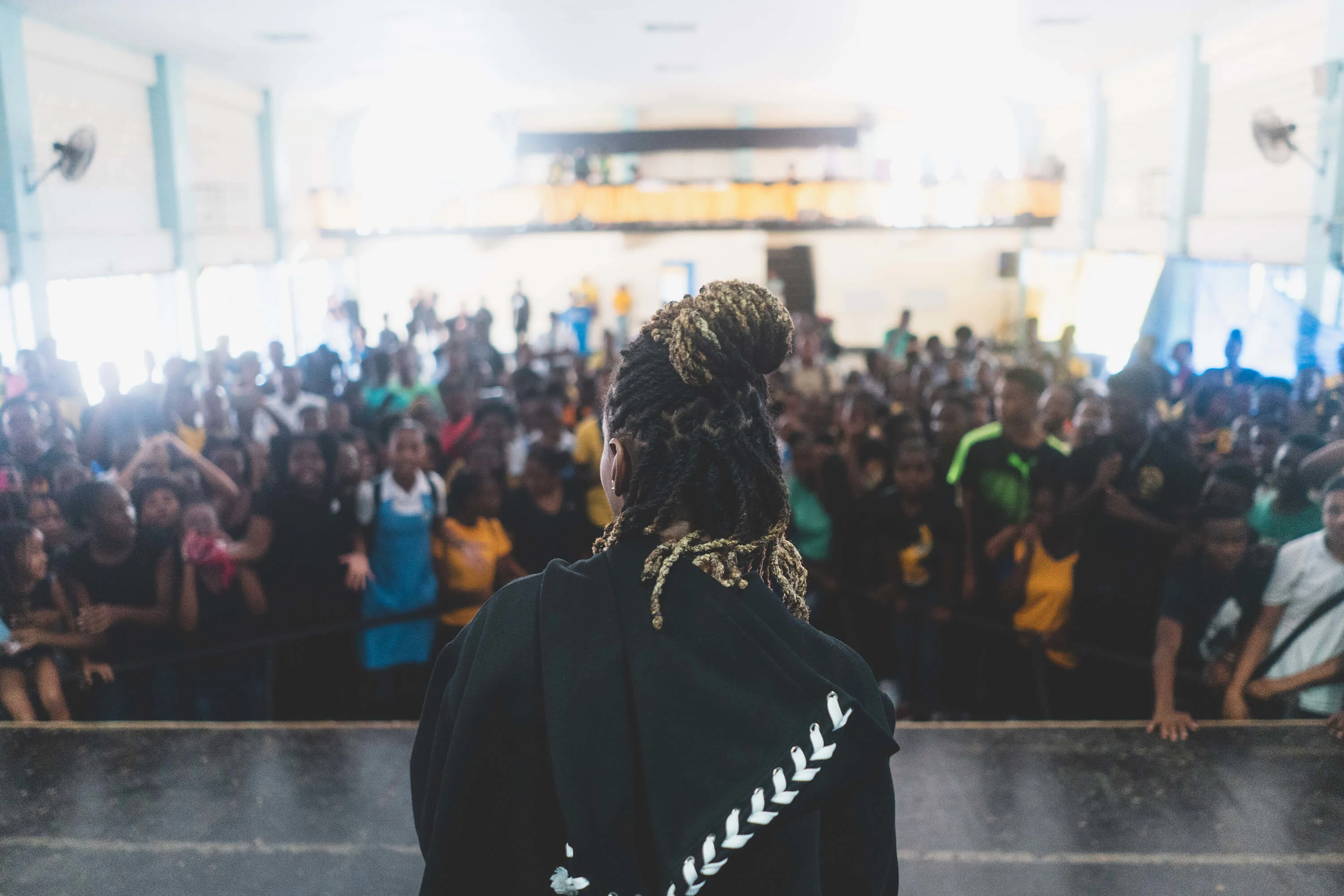
Mikayla Simpson, aka Koffee, has the music world at her feet aged just 19. Kieran Yates went to Kingston to hang out for a few days with Jamaica’s next superstar.
Photos by Yannick Reid.
“You came at the right time,” my taxi driver says. “Jamaica is vibing!” He tells me about two things thrilling the island. One is the colossal, mighty chorus of Toast – “Say we a come in wid a force!” – which blares out of barbers, “robot taxis” and phones, courtesy of 19-year old Mikayla Simpson, or Koffee. The artist, who’s been heralded as the coming of a reggae revival, is teetering on the edge of superstardom and Toast is becoming a mainstream international hit, which is big news in Jamaica.
The second is Buju Banton returning for his first live show after eight years in prison. Posters show him as a messianic Nelson Mandela figure, and local radio stations (Fame FM, Zip 103) promote the show on repeat. He will play to 35,000 people in the national stadium and remind the world that Jamaica’s music legacy can still shake an island.
Today, dressed in an all-black tracksuit with a Fugees t-shirt, Koffee is excited about the Buju Banton concert. She has shoulder-length brown and blonde dreadlocks, bright eyes and a wide smile, braces reminding you of her age.
We’re driving to the blue mountains, an important site in Jamaica’s musical heritage. It’s home to Strawberry Hill, a villa owned by Island Records founder Chris Blackwell, and artists like Chris Martin and Diplo are rumored to record here. It’s telling that Koffee has only been here once before – her music feels locally informed, and relatively unbothered by the lure of Coldplay.
She still wants to show me the view though, and during the drive, which twists and turns out of Kingston, her manager points out the blood orange coffee beans growing alongside the road. “This is Koffee country!” she grins.
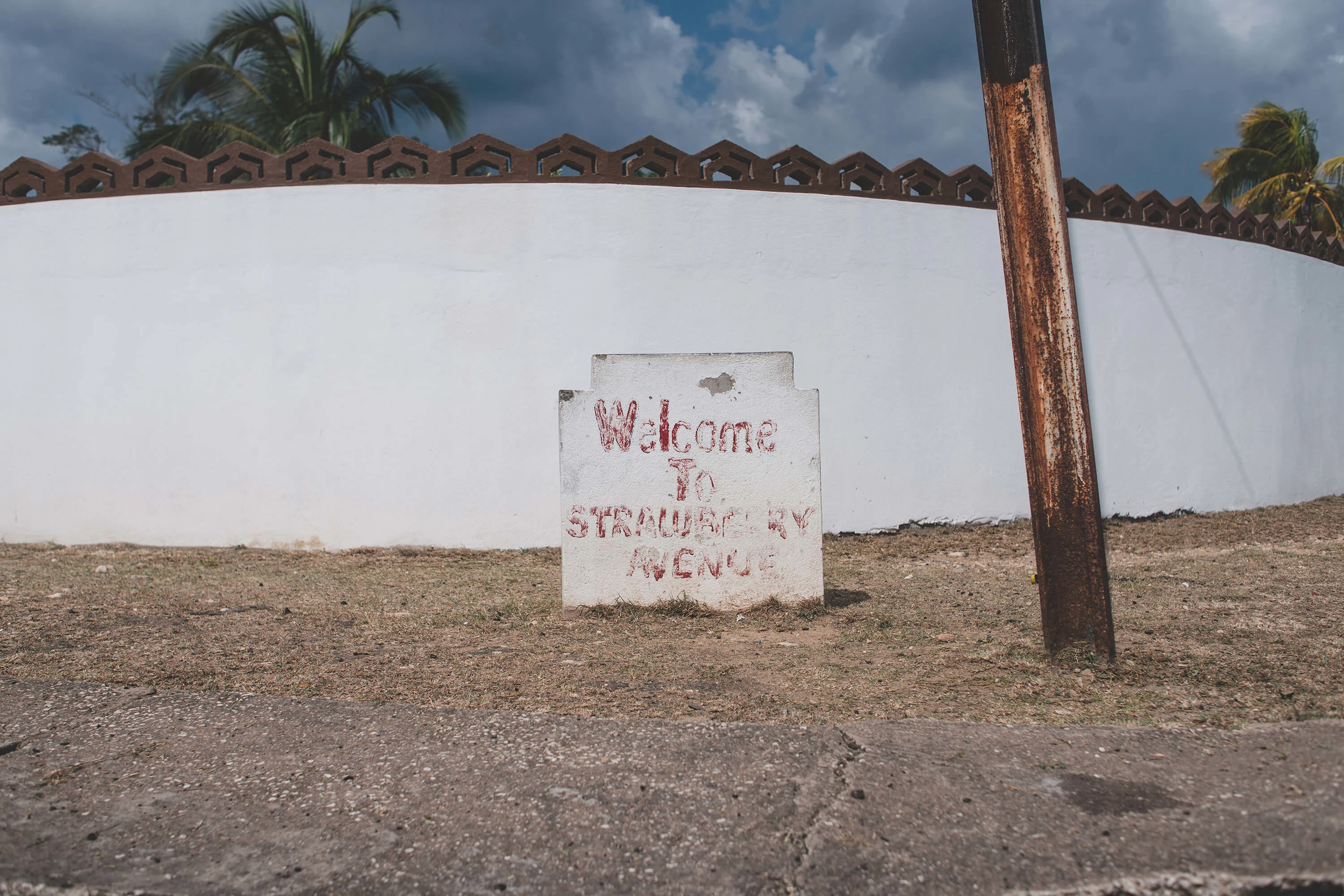
We arrive at EITS café, and over coconut water and moringa tea, the conversation turns to activism. “Activism comes in the form of reggae music in Jamaica,” Koffee says. “Like, I think the last thing I wrote about was the state of emergency in Montego Bay and Spanish Town about a year ago. In Throne me say, ‘Have the gun down all em spray, in Spanish Town and Mo’Bay.’
“It was frightening because Jamaica has always been a crime-filled country, to a certain extent. But when I heard that language, that it was a state of emergency, I thought ok, it’s getting dangerous out here.” She smiles. “So we have to just sing about it.”
We’re cut off as she’s been recognized by a fan, 3,500 feet up a mountain. He asks for a picture, she obliges and an elderly man preparing pan chicken asks, “Who’s that?”’ The café manager responds, “It’s Koffee! She’s a big star!”
She is, and it’s been a quick ascent. In August 2017 she uploaded a 60-second clip of her performing a song called Legend to Instagram. It was about her hero, the Jamaican sprinter Usain Bolt.
“The next day I woke up and my mummy said, ‘Usain repost the video.’ I was like wwwwwwwwwoooooooooowwwwwwwwwww.”
She got a lot of attention, including from Upsetta Records and this led to her three singles – Burning, Ragamuffin and Toast, which changed everything. “A few people would notice me before,” she says shyly, “but in the last six weeks, I started to realize that I cyant go a lot of places”.
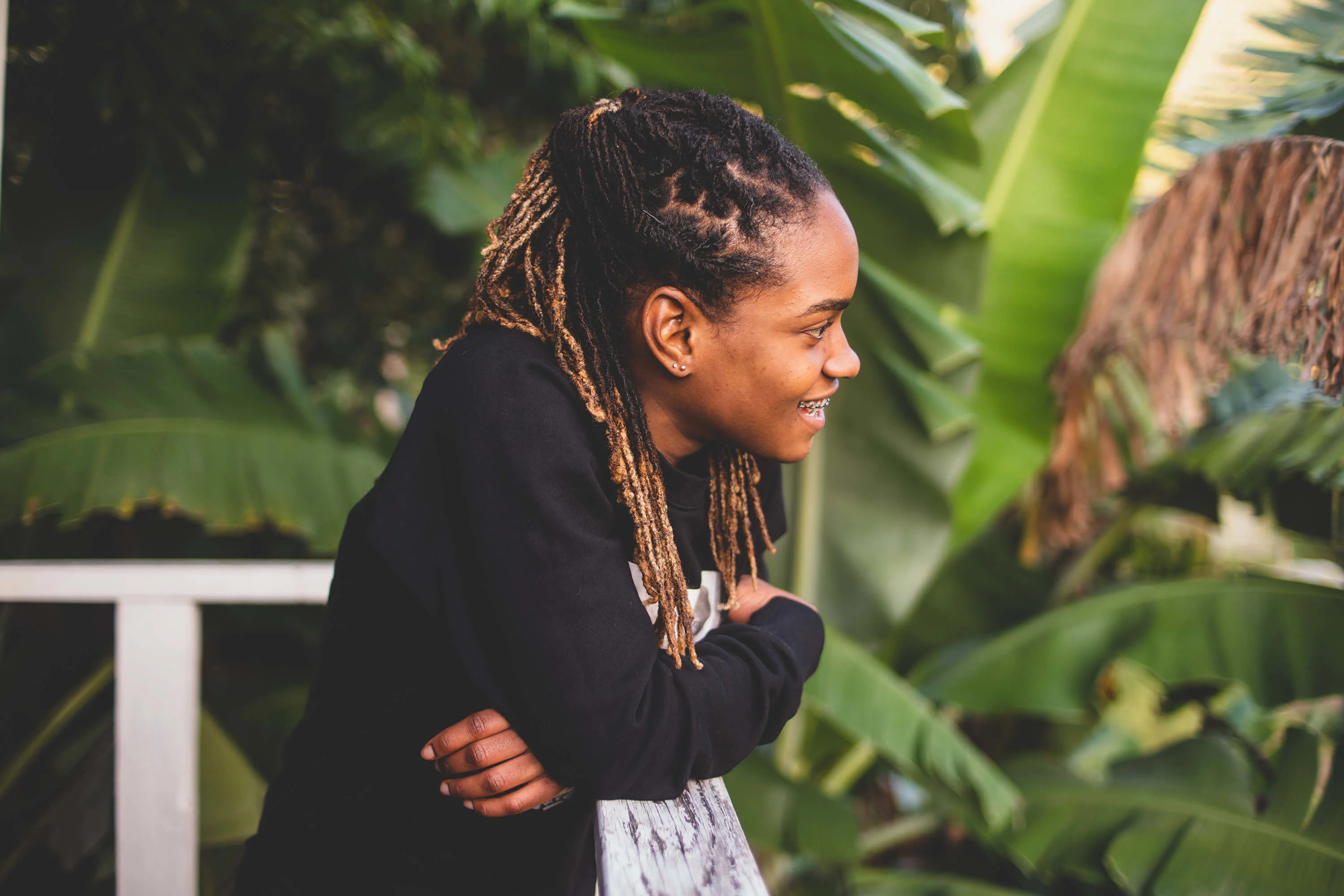
I went up, I spoke bare lyrics and the place went crazy.
The music connects because she’s a product of both her local environment and a global one; her digital ear has transcended the “small island music mentality” of some reggae, sourcing influences from Soundcloud as well as mainstream hip-hop and US rap. That’s why her music has the pulsing contagion of dancehall, the rootsy sensibilities of reggae, and rap production inflections – a trifecta in making your body move.
“Not all of my peers are interested in listening to the old reggae, the more roots rock, because they get bored easily. I’m conscious but…I still bruk out!” She laughs. “I was listening to Gunna on the way here and then I was listening to Bob Marley. That’s young Jamaica.”

Koffee’s story is both a local and an international one. There’s national pride and local reverence, giving back to the community and paying homage to the greats that came before you, but there is also a knowledge that what you produce influences the global culture that will – inevitably – appropriate your turns of phrase and your rhythms. If you make it here, with the support of the island behind you, the world will follow.
To understand what that support looks like, all roads lead to Ardenne High School in New Kingston, just off Old Hope Road. We make our way down the mountain as she’s due to perform back in the place her talent was first noticed. She used to play guitar in the Undercroft, an area underneath the sixth form block and art classrooms, and later she took to the stage at the school’s talent show, Iconic Fever.
En route, she tells the story: “I remember being at the canteen one lunchtime and I saw they had set up some speakers and a mic, and people were going up and performing songs and poetry. My friends said, ‘Why don’t you go over there and do em a bad tune!’ So eventually I went up, I spoke bare lyrics and the place went crazy.” Remembering some of those early lyrics, she covers her face: “I’m at school because I don’t want to be a fool, don’t break the rules, the pen is your tool!” Suffice to say, she got better.
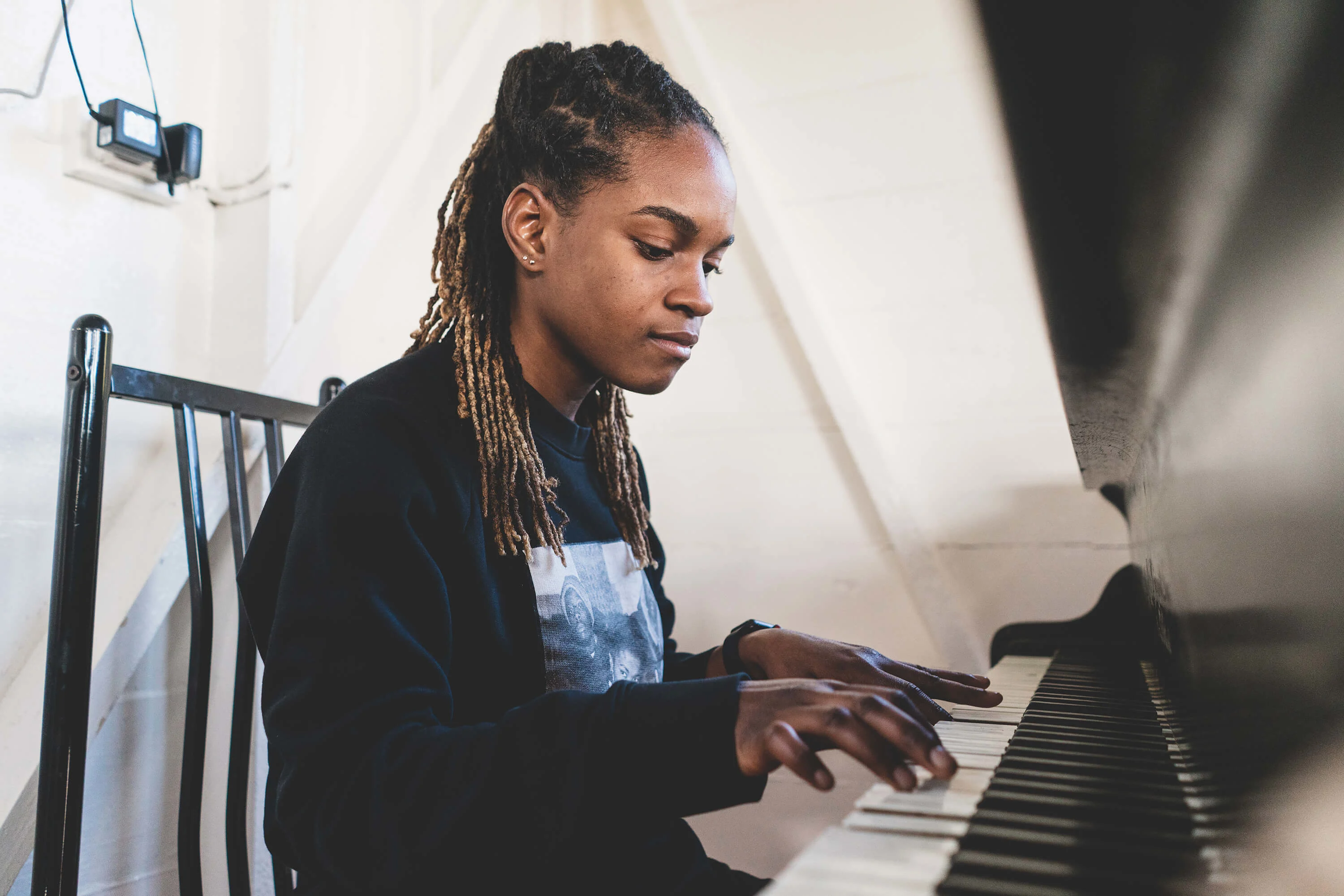
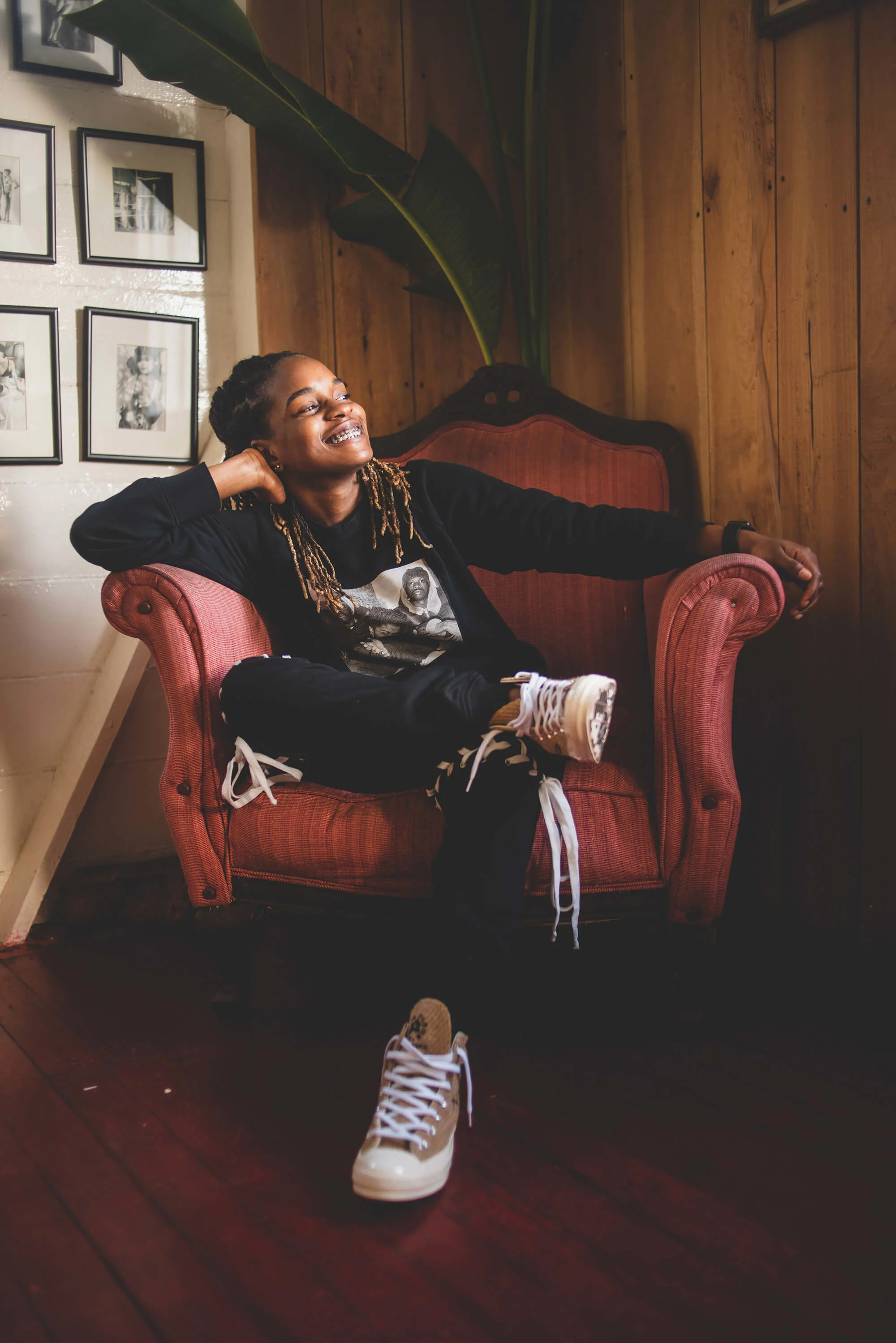
We’re half an hour late thanks to some patty politics on the way – she wanted Tastee and we only passed Juici – and when we arrive, her apologies take her back to being in grade 11 again: “I’m sorry Miss Pinto!” The school is painted in sunshine yellow and blue, and it’s electric today thanks to a post-exam, mid-term break. The students are gathered in the assembly hall which explodes when she walks in, as the pulsing opening beats of Toast begin. 150 voices sing in unison before she can lift the mic to her mouth “Toast!! Say we a come in wid a force!”
The effect is exhilarating; the air filled with slicked ponytail flicks and waving hands, while teachers dance and frantically take videos. On stage, Koffee appears much mightier than her tiny five-foot frame. Afterwards, crowds of khaki-uniform clad students rush to her, taking selfies and taking off Crocs for her to sign.
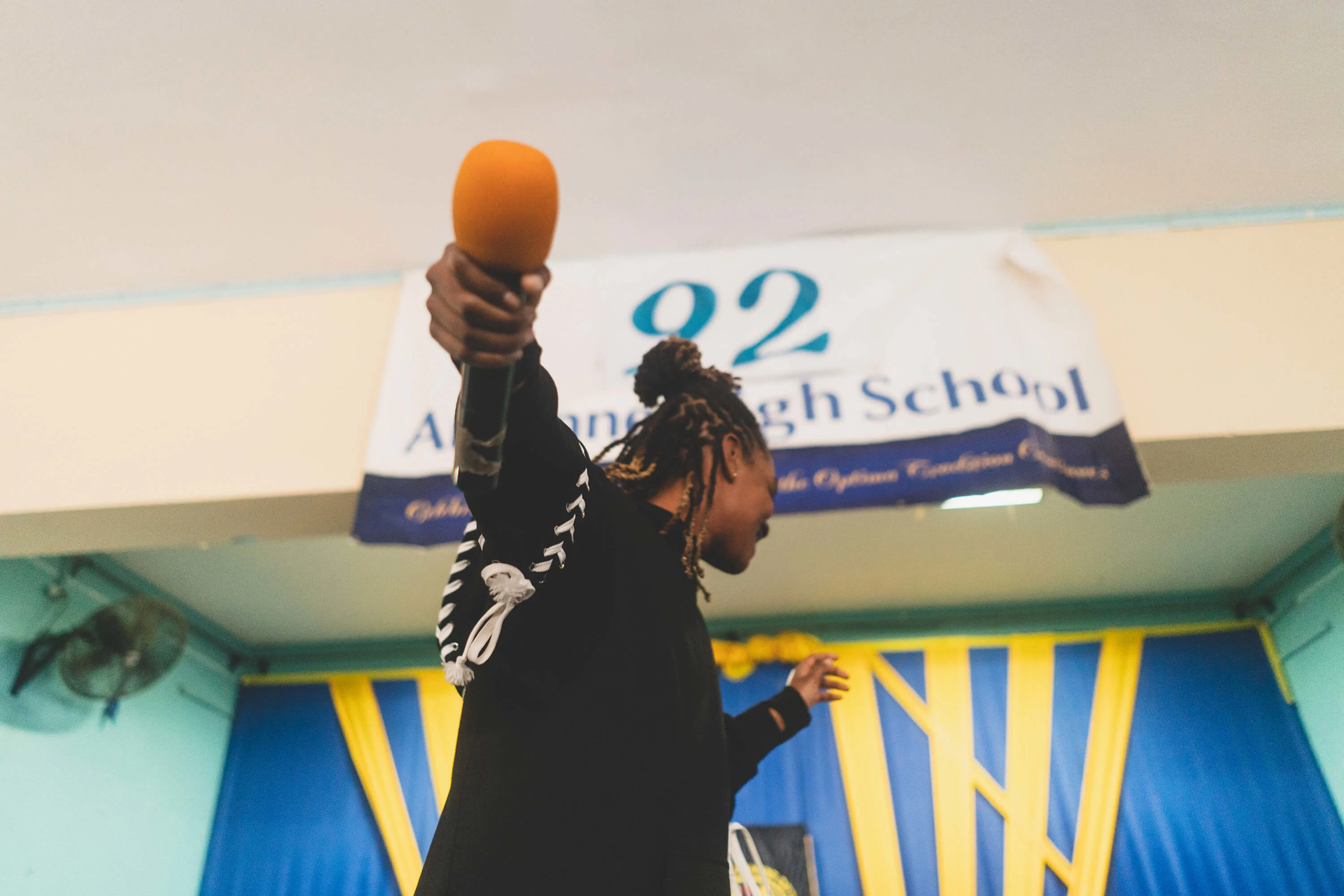
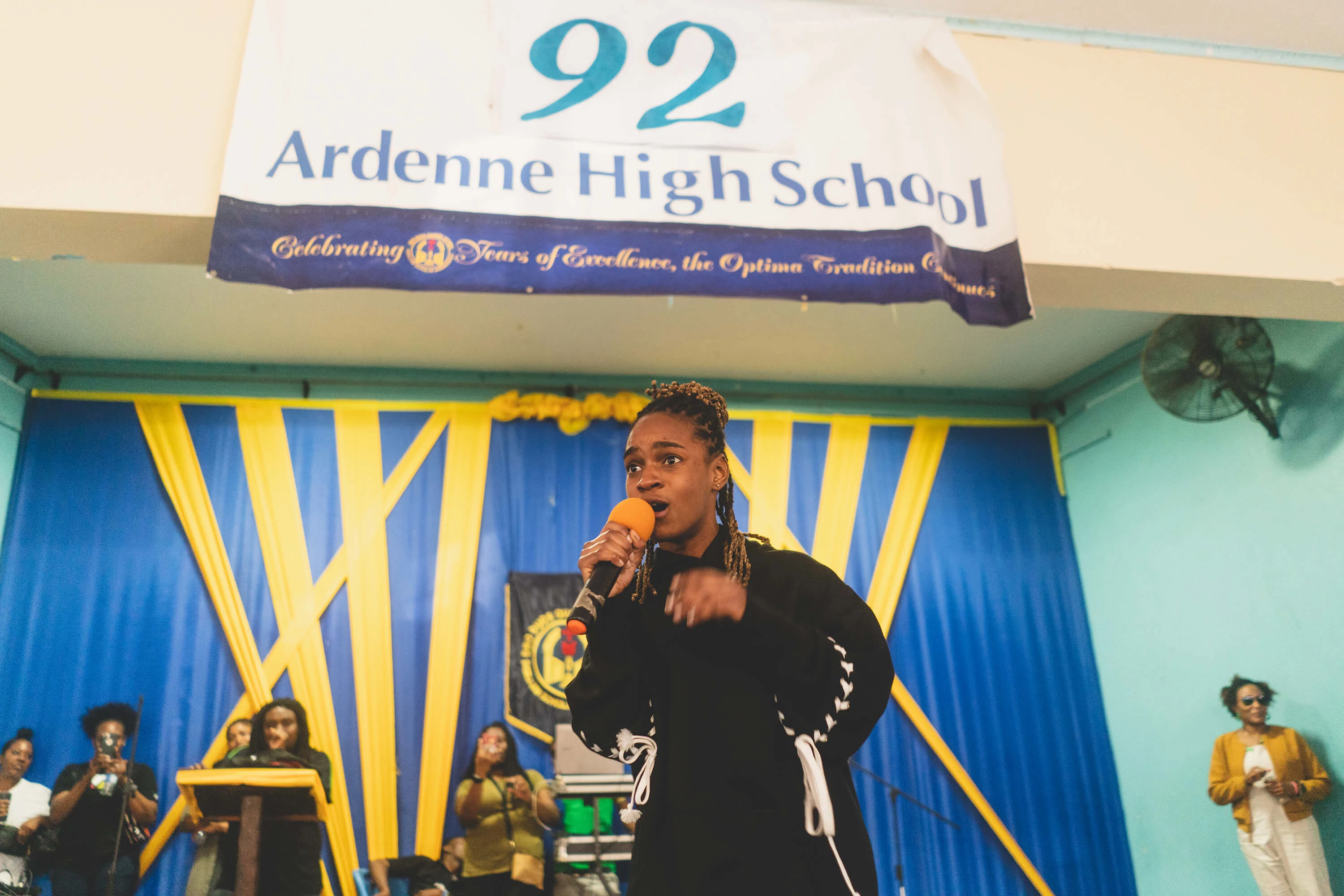
The next morning, we’re driving to “mummy’s house” in Spanish Town where Koffee grew up. “It’s like… a rough place. Some people call it like the garrison so growing up there gives you a more rugged vibe.” We pass hand-painted signs imploring us to visit Mummy D’s auto supplies, the local Shoppers Fair supermarket, and the Seventh Day Adventist church where Koffee – back when she was just Mikayla – used to sing every week.
As we drive, she describes the soundtrack of her old neighborhood, “You hear a lot of talking, sound systems everywhere. Sometimes gunshots as well.”
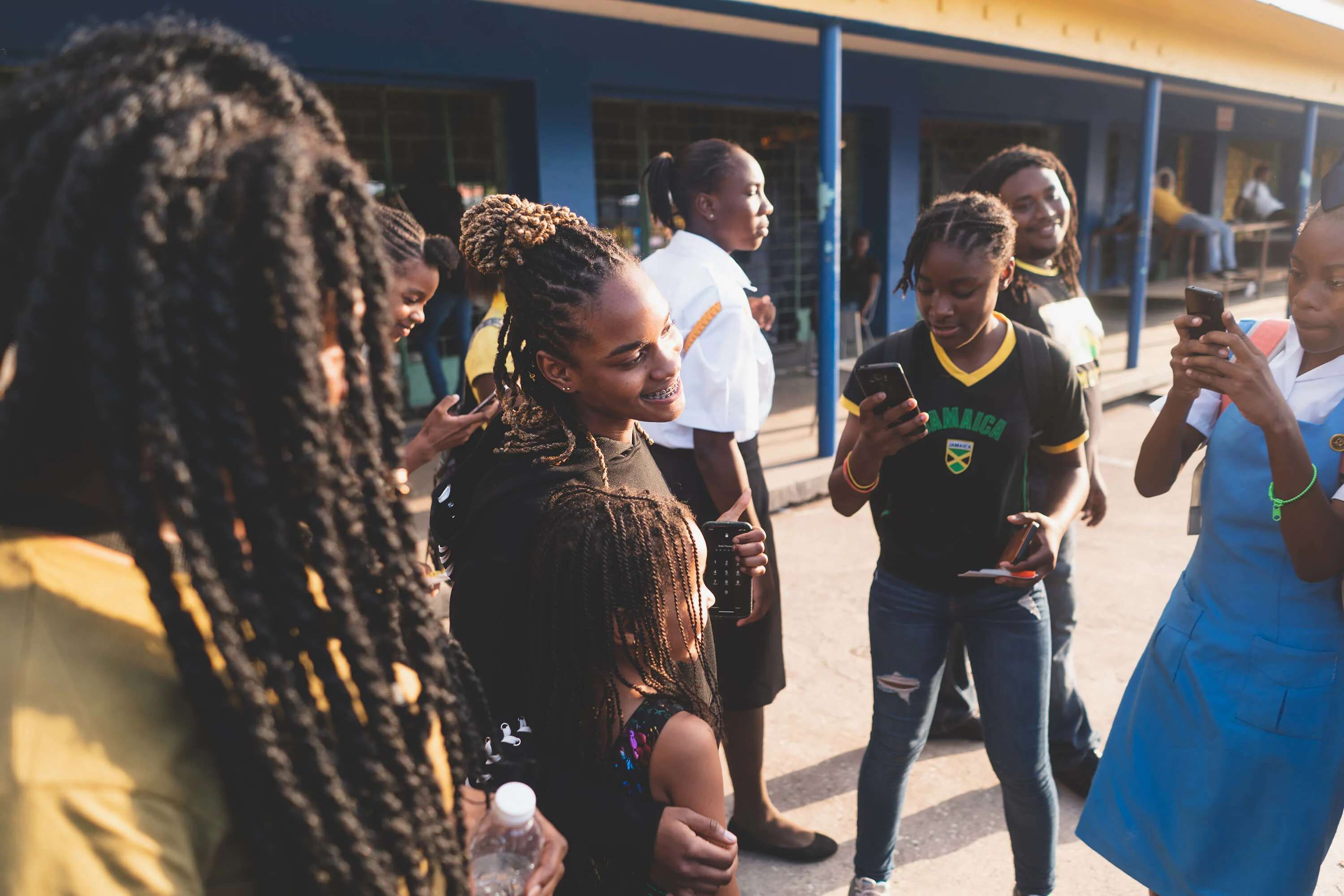
At the house, she gets distracted by her house-proud mum’s new paint job – “What kind of big ting she a gwan with!”
The living room is typically Jamaican; there’s a three-tiered “wot not shelf” trinkets, gold clocks, photos of the young Mikayla in berets, and some of her singing awards from the church. On the table is a copy of Usain Bolt’s book Legend. She sees me looking at it. “Oh yeh, I meet him when he was last here. They were unveiling something and they asked me to perform. He really into what I was doing. My reaction was like wwwwwwwwwoooooooooowwwwwwwwwww. But guess what,” she giggles, “I wore a little sweet girl floral dress.”
While Mummy, Joanna, or “Jo Jo! The Koffee maker!” as she introduces herself goes outside to pick ackee from the tree, Koffee shows us her bedroom. On one wall is a reggae calendar featuring Beres Hammond, on another a poster about sexual health, that reads, “ABSTINENCE: THE MOST EFFECTIVE FAMILY PLANNING METHOD.”
Underneath, some text has been blacked out by scribbled marker pen. “That was me,” Joanna laughs. “It said something about condoms and I thought, no, no, no, you don’t need to know about that.”
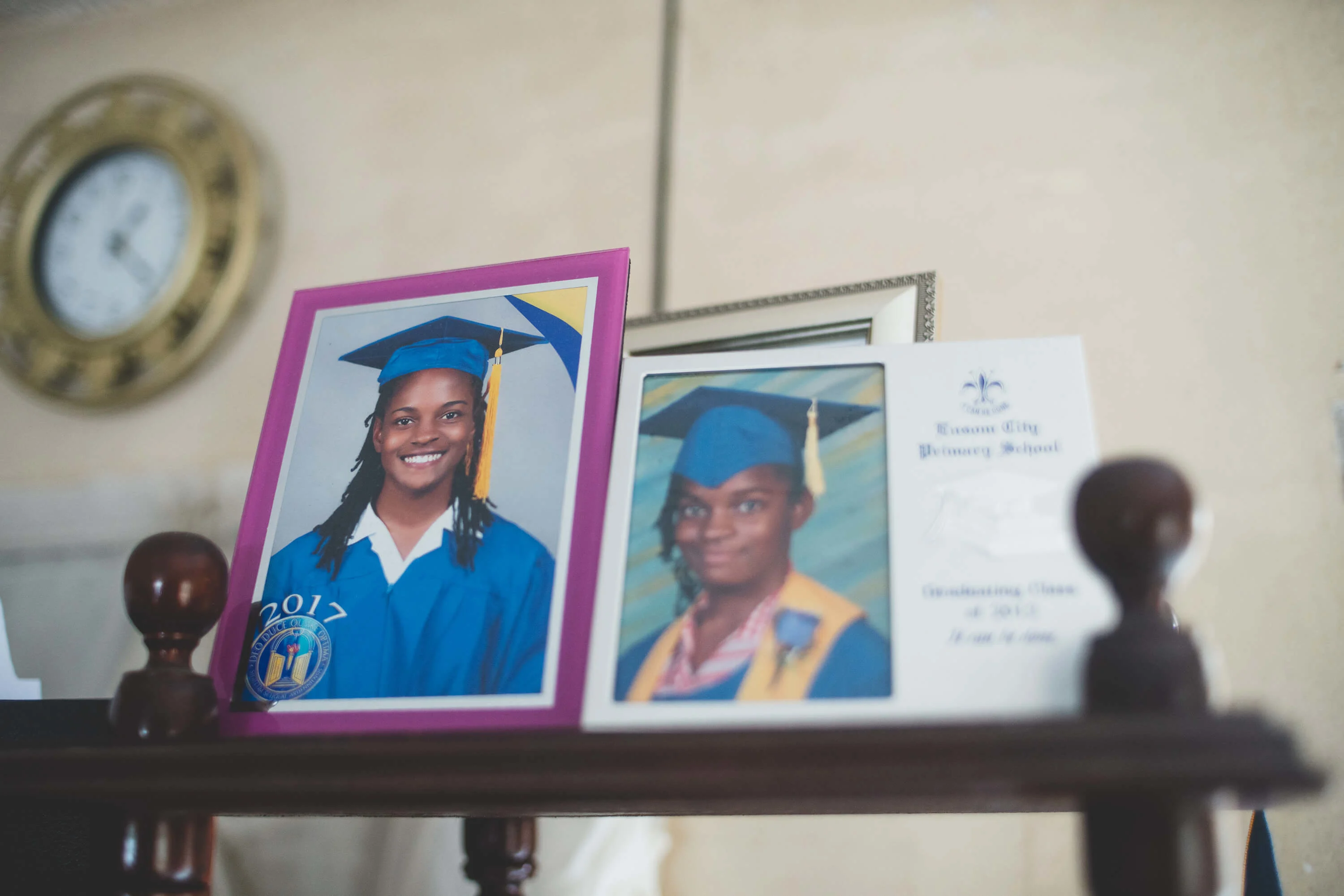
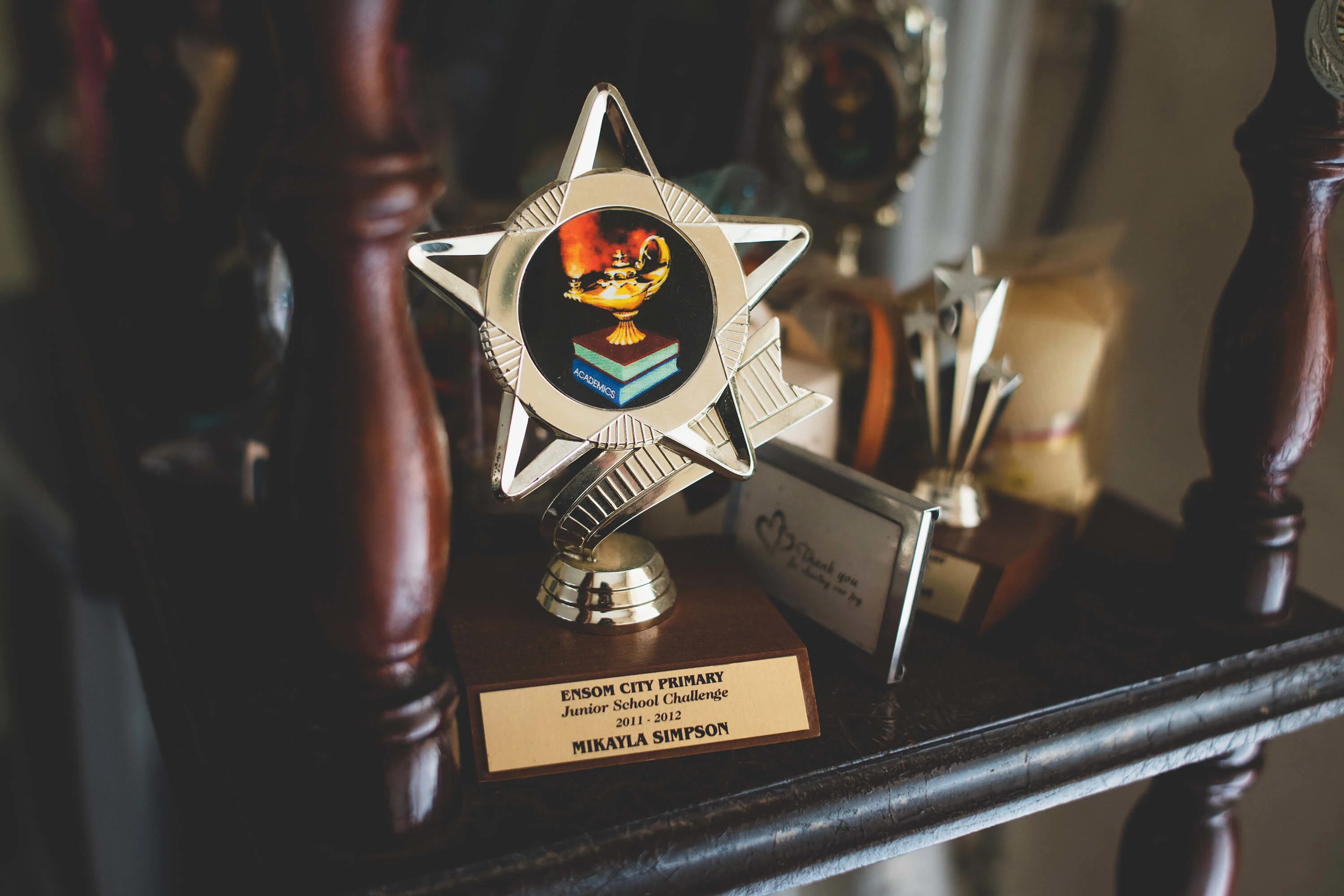
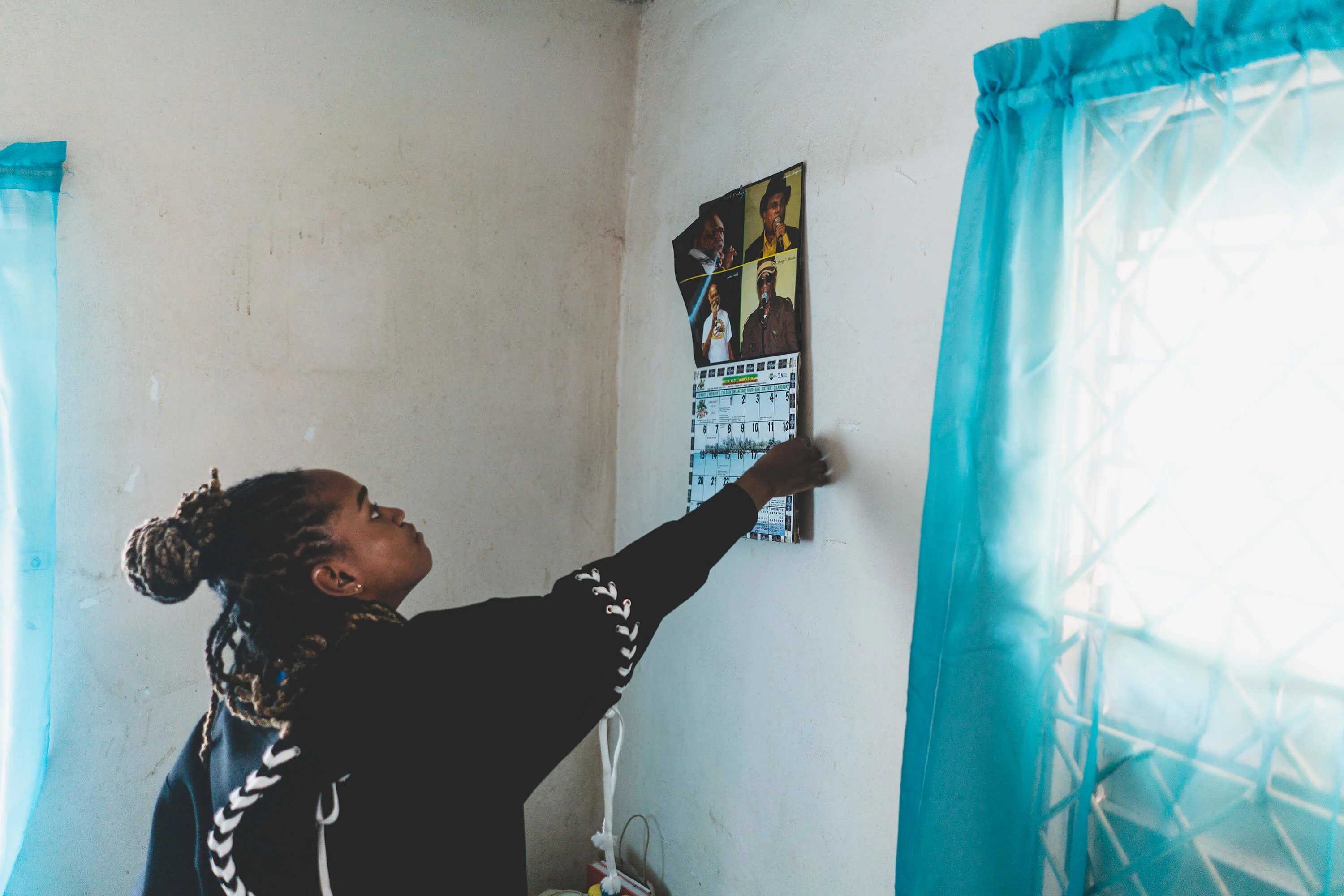
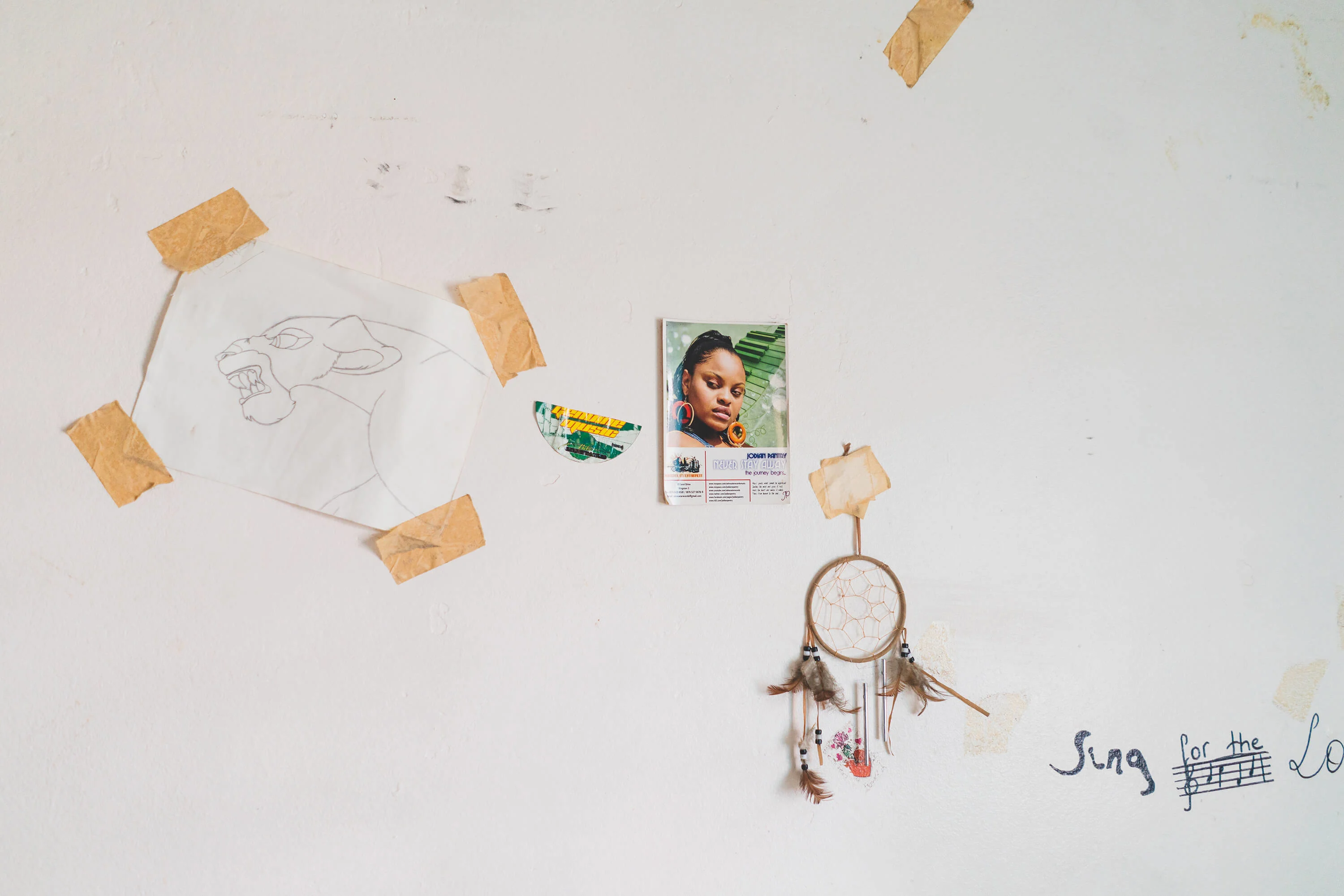
Back In the living room, she asks Koffee to sing a hymn and they take us to church as they harmonize My Maker and My King.
“She was very shy, always in her room, being creative on her own,” says Joanna, and Koffee sits quietly as her mother fills the room with stories. But when she gets out an iPad to play a video of Koffee’s performance at her high school graduation, Koffee’s up, hands in the air, singing and gyrating. Joanna laughs – “She born to perform!”
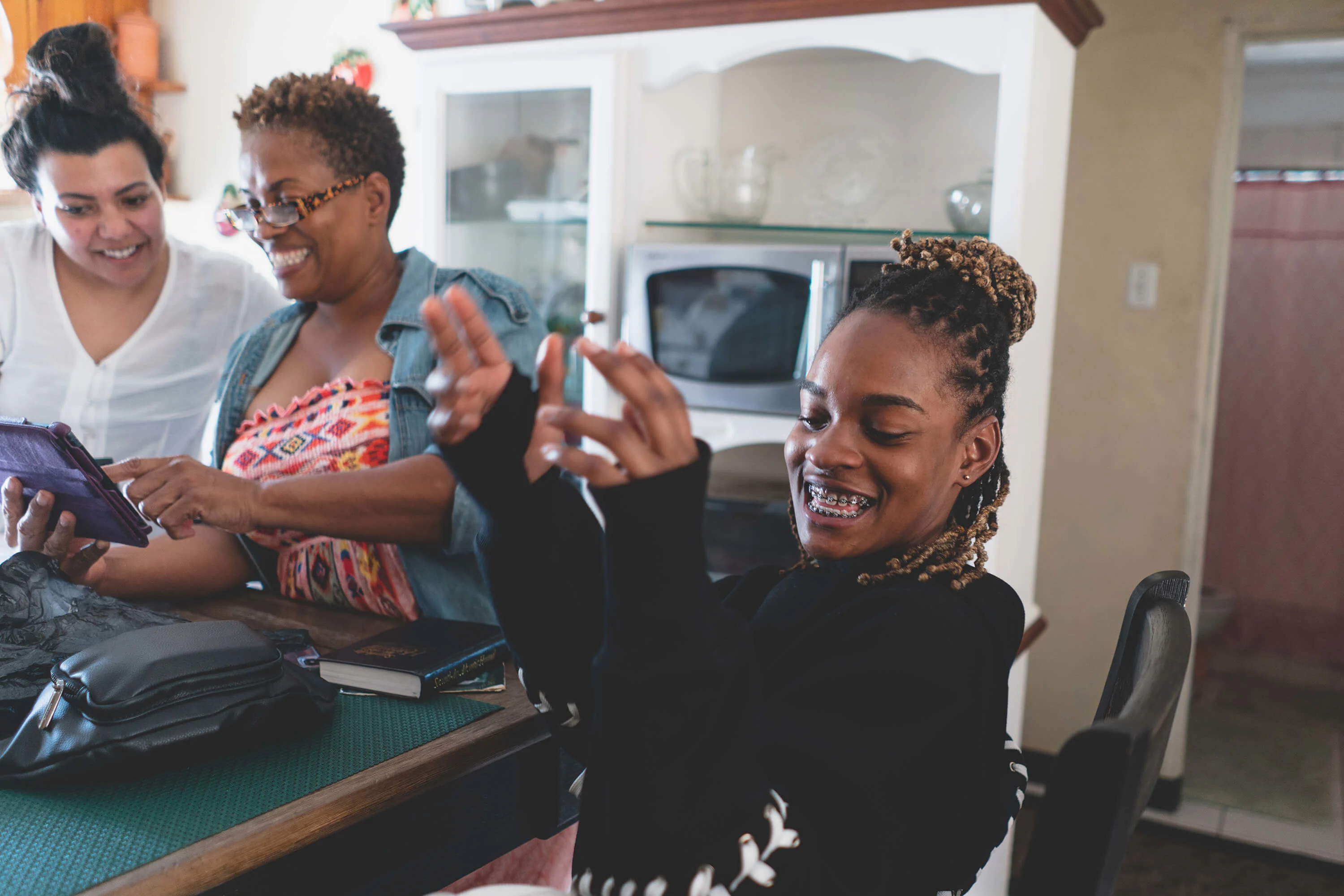

On the way back, Koffee casually mentions that she’s getting an award that night. “It’s like the Jamaican Grammys, and I want to invite you to come with me,” she says, politely, as if she’s asking me over for dinner.
The awards ceremony, known as the JaRIAs (Jamaica Reggae Industry Association) takes place at The Little Theatre in Kingston and it’s a big deal. Artists walk the red carpet in long, sequinned gowns, and at one point Rita Marley makes an appearance.
Koffee, dressed in a plaid shirt and jeans, wins Song of the Year for Toast. She says a gracious thank you before we all rush back to the car to avoid the cameras and the crowds. Koffee and her friends take photos of the red spiralled award statue on the car bonnet. Joanna sighs. “We going to have to find room on the wot not shelf.”
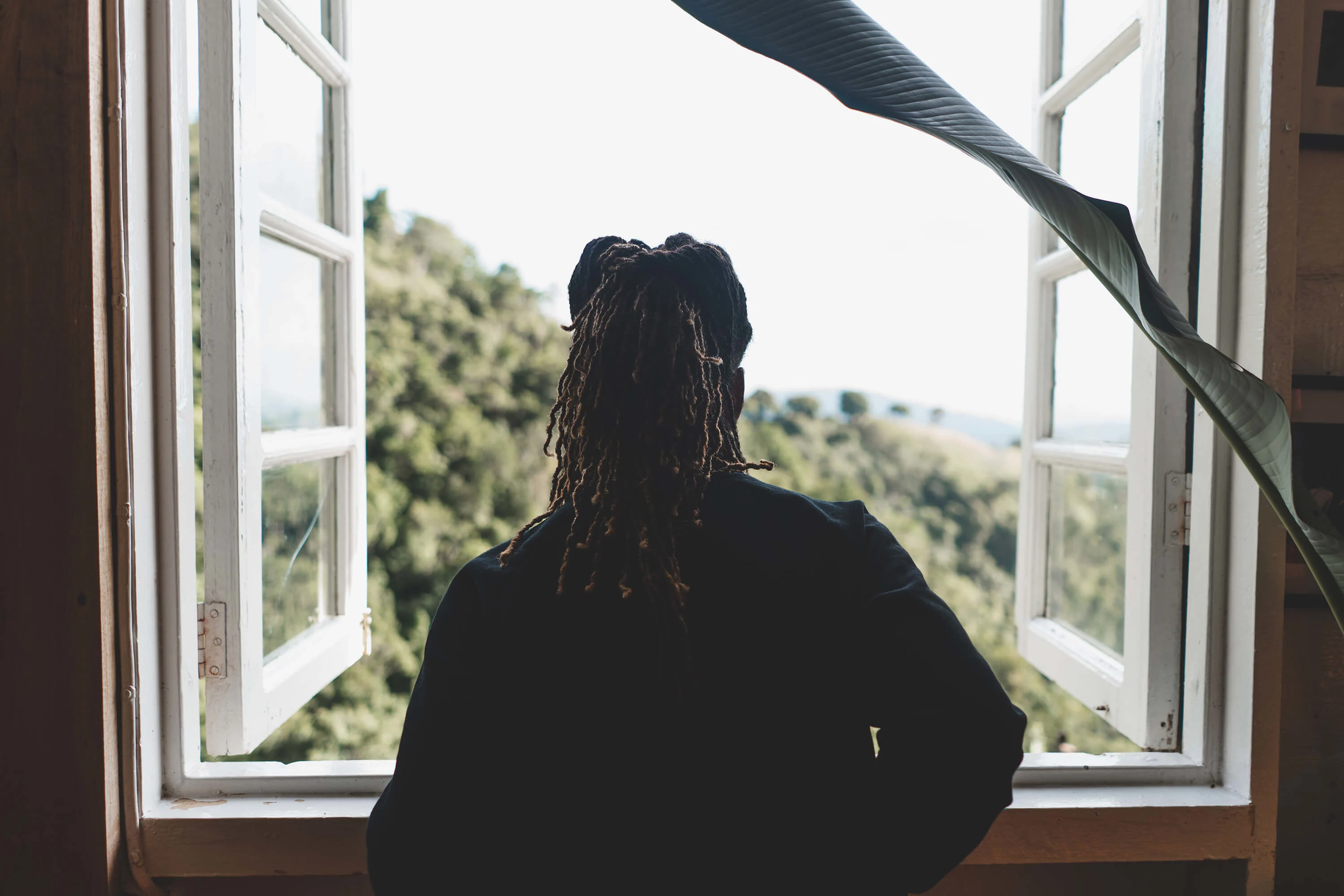
One week after I’ve left Jamaica, Buju Banton walks on stage at the national stadium. Dressed head-to-toe in white, he looks every inch the “unbroken reggae warrior” (as one of the YouTube videos puts it). But before Buju appears, Koffee opens the show.
It feels like history in the making, that Koffee is moving into the next stage of her journey to becoming a superstar. There are big hopes for her to live up to, but that’s for later. Right there, in that moment, I join thousands of people on a glitchy livestream and sing along.

